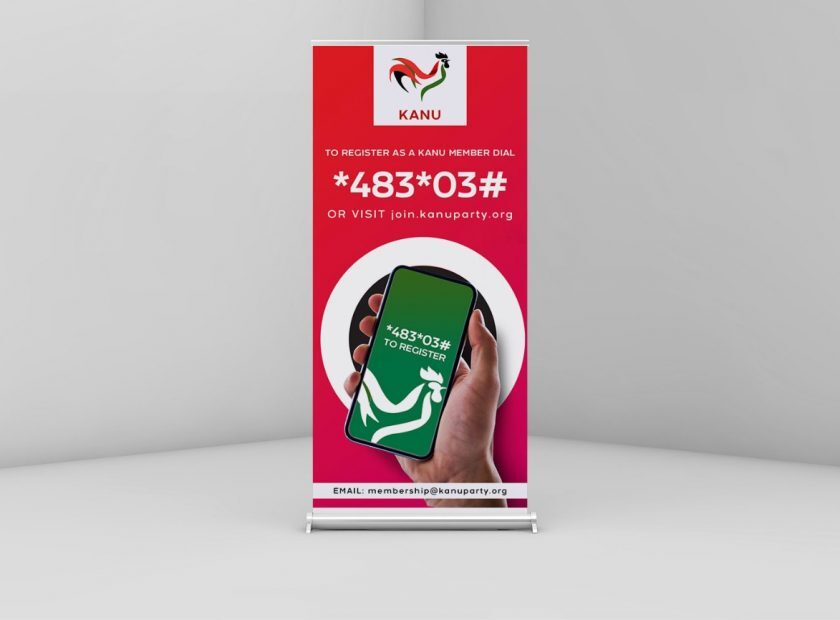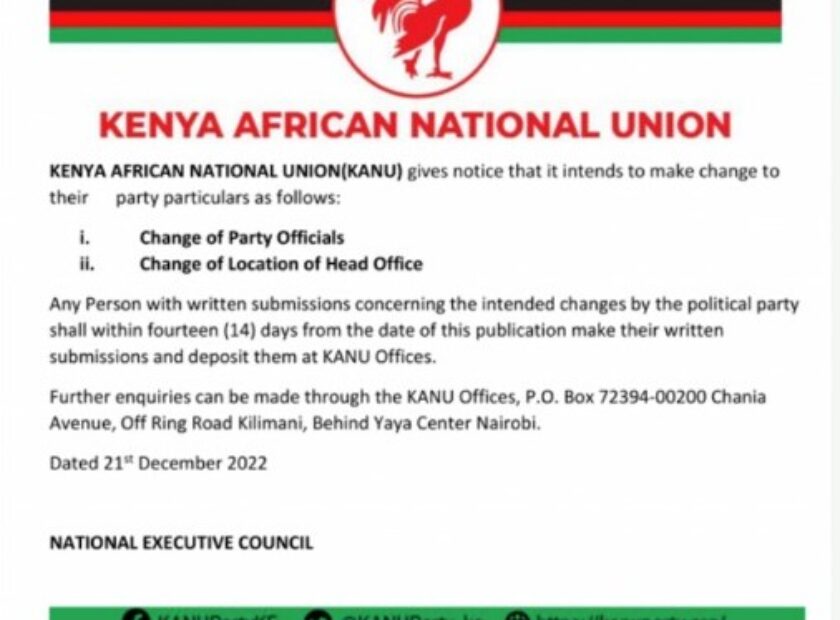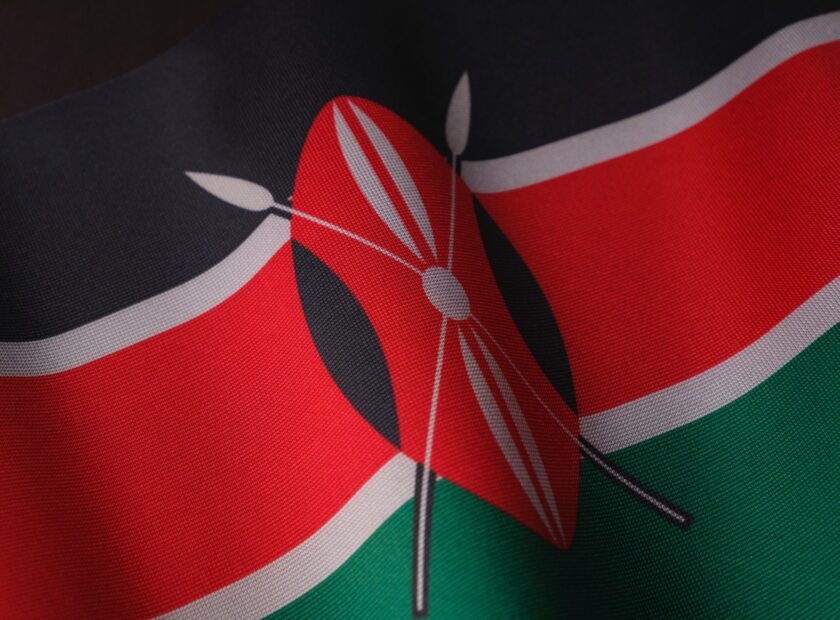Brief History
The Kenya African National Union (KANU) party played a significant role in the political history of Kenya since its formation in 1960. Here is a brief overview of its history from 1960 to 2022:
KANU was formed under the leadership of Jomo Kenyatta, who became the party’s first president.
Kenya gained independence from Britain, and KANU became the ruling party with Kenyatta as the country’s first president.
Kenyatta died, and Vice President Daniel arap Moi became the president and the new leader of KANU.
Moi amended the constitution to make Kenya a one-party state, with KANU as the only legal political party.
A wave of political protests and demands for democracy forced Moi to lift the ban on multiparty politics. KANU remained the ruling party, but opposition parties were allowed to form.
KANU lost power for the first time in Kenya’s history when Mwai Kibaki of the National Rainbow Coalition (NARC) won the presidential election.
Moi stepped down as the KANU party leader, and Uhuru Kenyatta, the son of Jomo Kenyatta, was elected as the new party leader.
Kenya experienced post-election violence that left over 1,000 people dead and displaced hundreds of thousands. KANU supported the incumbent president, Mwai Kibaki, during the election.
Uhuru Kenyatta ditched KANU and formed TNA on whose ticket he vied for presidency and won the election. Gideon Moi took over as the National Chairman of KANU and Nick Salat as Secretary-General.
Kenyatta was re-elected as president, and KANU entered into a post-coalition agreement with the ruling Jubilee Party.
Overall, KANU played a dominant role in Kenyan politics for over three decades, but its influence has declined in recent years with the emergence of new political parties and leaders
Our Political Contribution
The Kenya African National Union (KANU) party made significant contributions to the political history of Kenya. Here are some of the key contributions:
• Independence
• Nation-building
• Political stability
• Economic development
• Foreign policy
- KANU played a vital role in Kenya's struggle for independence from British colonial rule. Under the leadership of Jomo Kenyatta, KANU helped mobilize and unite Kenyans in the fight for independence.
- After independence, KANU became the ruling party and played a critical role in building a new nation. The party established policies and programs to promote economic development, social welfare, and political stability.
KANU helped maintain political stability in Kenya during its early years as an independent nation. The party advocated for a one-party state, which it argued would help prevent ethnic and regional conflicts
KANU implemented policies aimed at promoting economic development, such as land reforms, industrialization, and import substitution. These policies helped to spur economic growth and reduce poverty in Kenya.
KANU played a significant role in shaping Kenya's foreign policy, particularly in its relations with other African countries. The party was a key supporter of the Pan-African movement and helped establish the Organization of African Unity (OAU), now known as the African Union.
FORMATION OF KANU
A transitional constitution, introduced in 1960, allowed for political parties and gave Africans a majority on the legislative council. The Kenya African National Union (KANU) was then formed. Its leaders, while Kenyatta was in prison (1953–61), were Tom Mboya, Oginga Odinga and James Gichuru
Independent
KANU prevailed in the country’s first elections, and Kenyatta became prime minister (after 1964 president). KANU absorbed its principal rival groups, and the government became more and more closely associated with Kenyatta, with opposition banned or rendered ineffective.
Presidency & Succession
We’ve been running data-driven voter outreach campaigns since 2004, including knocking on millions of doors to help elect President.
Legacy
Since independence, KANU has nurtured politicians in Kenya and has made enormous contribution to political development in Kenya. Big names in Kenya’s political History; First President Jomo Kenyatta, 2nd President Daniel Moi, 3rd President Mwai Kibaki, President Uhuru Kenyatta ,Tom Mboya, Jaramogi Odinga, Raila Odinga, George Saitoti, Kalonzo Musyoka, among many other politicians sharpened their political acumen while serving in KANU.
Party Leadership
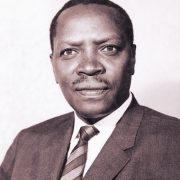
James Gichuru
1960-1962 ChairmanActing Chairperson from 1960 to 1962.
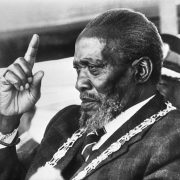
H.E. Mzee Jomo Kenyatta
Chairman from 1961 to 1978.
The First President of Kenya
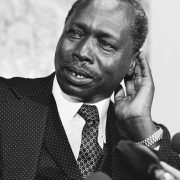
H.E. Daniel Moi
Chairman from 1978 to 2005.
Second President of Kenya.
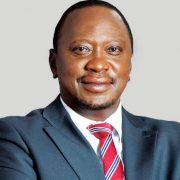
H.E. Uhuru Kenyatta
Chairman from 2005 to 2012.
Forth President of Kenya.
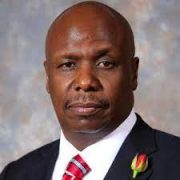
Sen. Gideon Moi
Current Chairman from 2013.
Publications
Get insight of the Journey as a Party & as a Country
